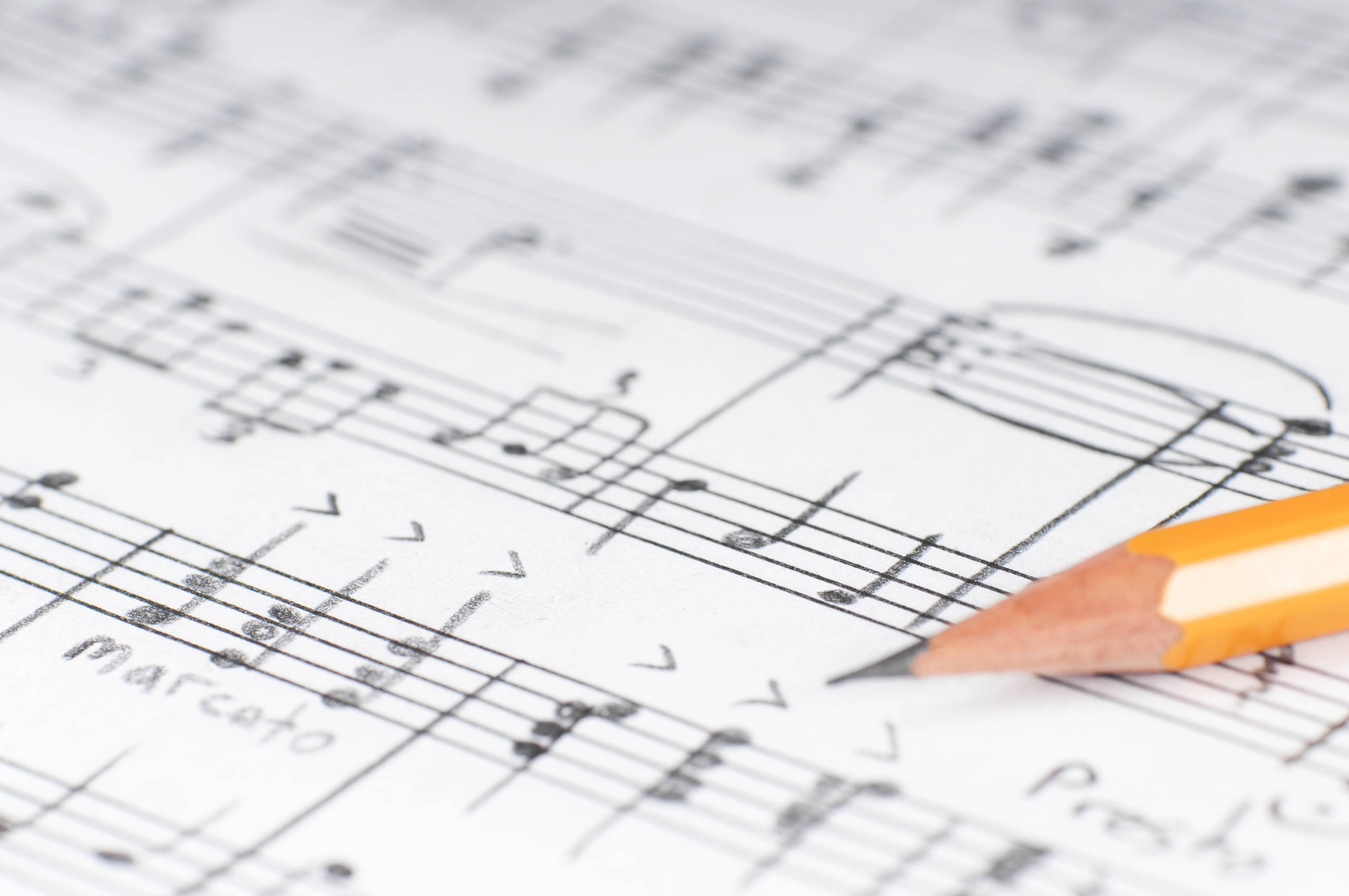Theoretical Subjects

The theoretical subjects taught at our school are:
-
- Music Theory
- Harmony
- Counterpoint
To accelerate learning, these theoretical subjects are taught in individual and personalized 30-minute lessons.
- 2 students: -30%
- 3 students: -45%
- 4 or more students: -60%
Music Theory
Music theory is the study of the elements composing a music score, such as notes, rests, rhythm, and other theoretical elements. It develops both external and internal hearing.
Studying music theory allows one to learn to read, write, sing, and play a score on the piano.
The course includes note reading, pitch reproduction, rhythm study, chord and interval recognition, development of polyphonic listening, as well as general music theory.
Harmony
Harmony studies the construction of chords and their progressions. It analyzes the structure of a piece of tonal music.
Knowledge of harmony not only allows better hearing, understanding, and memorizing a musical work, but it also opens the doors to improvisation and composition.
Counterpoint
If harmony represents the “vertical” aspect of music, counterpoint, on the other hand, reflects its “horizontal” aspect.
Counterpoint involves the organized superposition of distinct melodic lines, as in a fugue. This is known as polyphony.
To begin studying counterpoint, it is preferable to already have notions of harmony.

